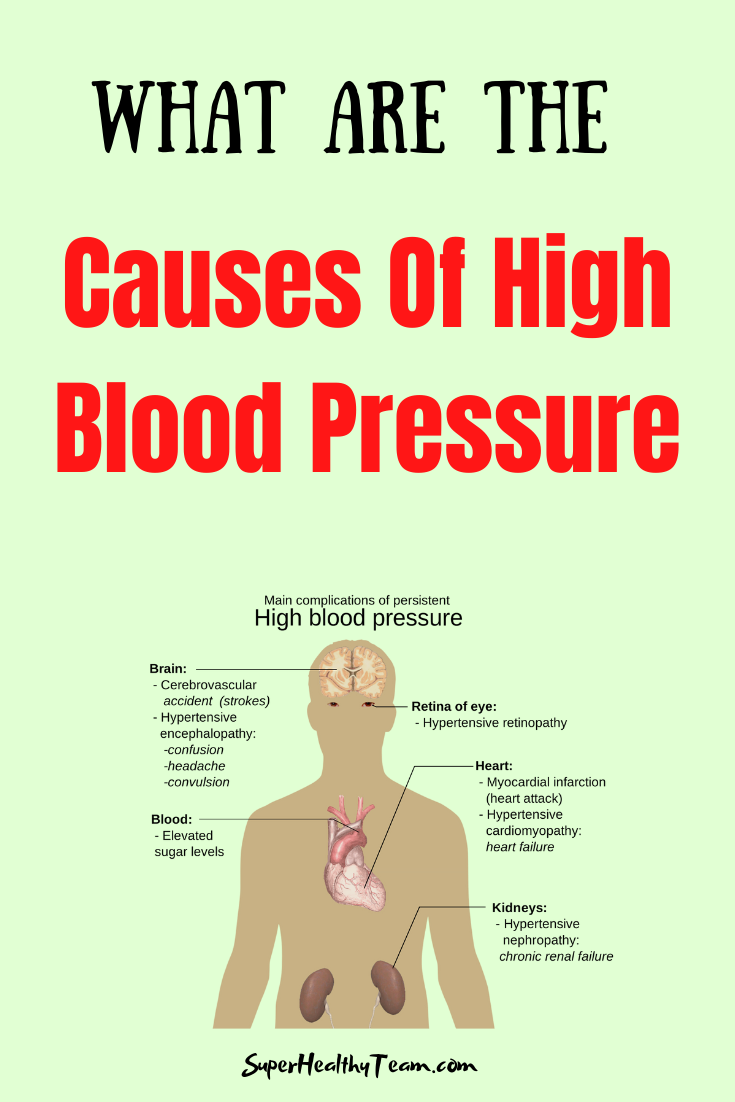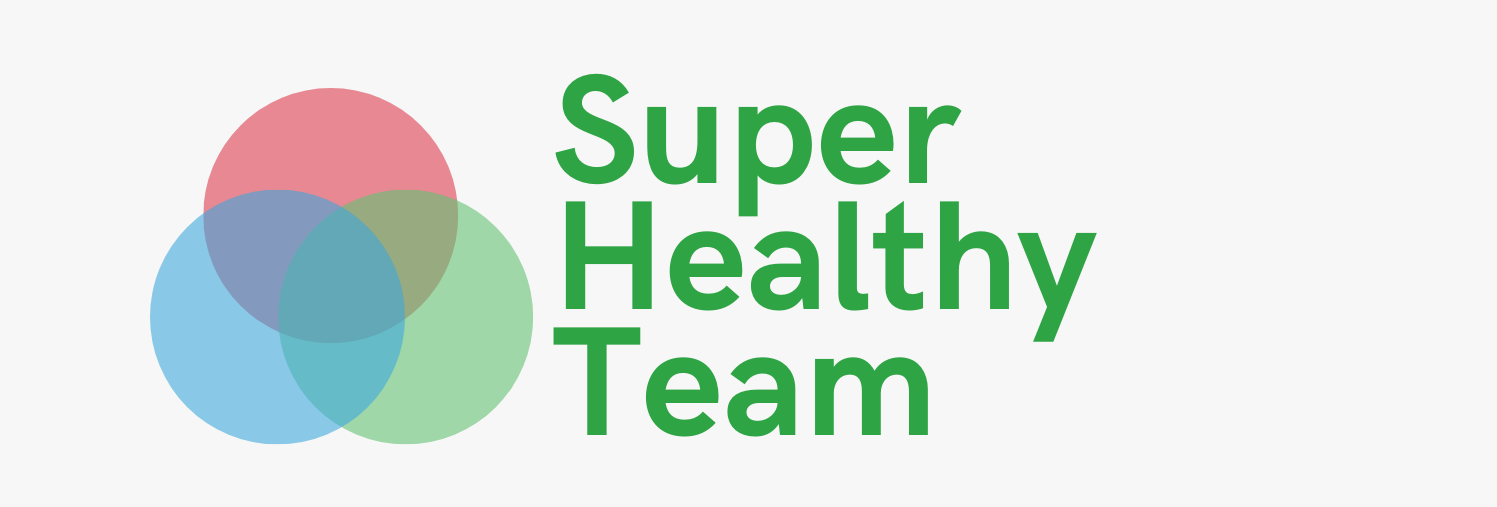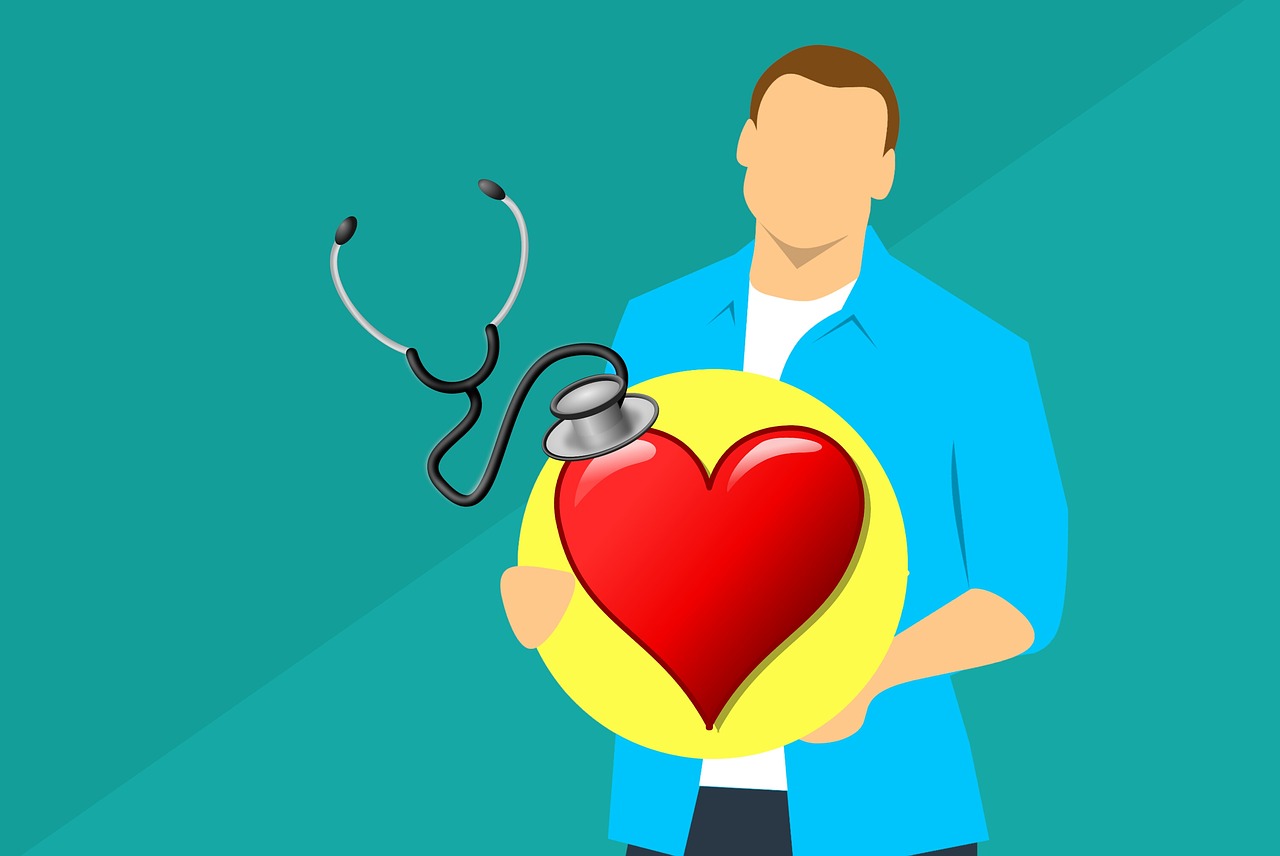What is high blood pressure?
What are the leading causes of high blood pressure? High blood pressure is frequently the result of a long period of time of unhealthy lifestyle choices, such as a lack of regular physical activity, which might contribute to the development of this condition.
In addition, certain medical problems, such as diabetes and obesity, might increase the likelihood of acquiring high blood pressure.
High blood pressure, often known as hypertension, is a chronic medical disorder characterized by an abnormally high level of blood pressure in the arteries. It is rare for people with hypertension to experience any physical symptoms.
Stroke, artery disease, heart failure, atrial fibrillation, peripheral artery disease, vision loss, chronic kidney disease, and dementia are all exacerbated when blood pressure is high for an extended period of time.

Primary hypertension is the most common type of high blood pressure, while secondary hypertension is less common.
As many as 90%–95% of all instances are primary, which means that high blood pressure is caused by a combination of lifestyle and genetics.
Overconsumption of salt in food and excessive body weight, as well as smoking and drinking alcohol, are all risk factors that are causes of high blood pressure.
It’s estimated that just 5–10 per cent of instances of hypertension are caused by identified causes, such as chronic kidney disease, kidney artery narrowing due to hypertension or hormonal imbalances, and the use of birth control.
The systolic and diastolic pressures, which are the maximum and minimum pressures, are used to classify blood pressure.
The normal systolic and diastolic blood pressure for most persons is 100–130 millimetres of mercury (mmHg).
Resting blood pressure that is consistently more than 130/80 or 140/90 mmHg is considered high blood pressure in the majority of adults.

What are the causes of high blood pressure?
The main causes of High Blood Pressure are:
- Being overweight or obese.
- Lack of physical activity.
- Too much salt in the diet.
- Too much alcohol consumption (more than 1 to 2 drinks per day)
- Older age
What are the symptoms of high blood pressure?
Some of the symptoms of high blood pressure:
- Blurry or double vision.
- Lightheadedness/Fainting.
- Heart palpitations.
- Shortness of breath.
- Nausea and/or vomiting.
What are the 7 signs and symptoms of low blood pressure?
Here are 7 signs and symptoms of low blood pressure:
- Dizziness or lightheadedness.
- Fainting (syncope)
- Dehydration and unusual thirst.
- Dehydration can sometimes cause blood pressure to drop.
- Lack of concentration.
- Blurred vision.
- Cold, clammy, pale skin.
What is normal blood pressure?
For the majority of adult patients, normal blood pressure is defined as a systolic pressure less than 120 and diastolic pressure less than 80.
When the systolic pressure is between 120 and 129 and the diastolic pressure is less than 80, it is considered to be elevated blood pressure.
What is high blood pressure reading?
When your blood pressure is 140/90mmHg or above (or 150/90mmHg or higher if you are over the age of 80), this is termed high blood pressure. Millimetres of mercury is used to measure both of them (mmHg).
In most cases, optimum blood pressure is regarded to be between 90 and 60 mmHg and 120 and 80 mmHg.
Does 140/90 require medication?
aaaaaaaaa
140/90 or higher (stage 2 hypertension): You’re most likely in need of medication.
When your blood pressure reaches this level, your doctor is likely to recommend medication to help you get your blood pressure under control. At the same time, you’ll need to make certain modifications to your way of life.
If your blood pressure ever rises to 180/120 or above, you should seek medical attention immediately.
aaaaaaaaaa
What is too low of blood pressure?
Most doctors only consider blood pressure to be too low if it is accompanied by symptoms. Low blood pressure, according to some doctors, is defined as readings lower than 90 mm Hg systolic or 60 mm Hg diastolic.
If either of these numbers is lower than normal, your blood pressure is lower than normal. A rapid drop in blood pressure can be life-threatening if it occurs suddenly.

How do you feel when you have high blood pressure?
High blood pressure can cause symptoms such as headaches, nosebleeds, and shortness of breath in certain people.
Those symptoms, on the other hand, can be mistaken for many other things (serious or non-serious).
Typically, these symptoms appear after a person’s blood pressure has risen to a dangerously high level over an extended period of time.
Is banana good for low blood pressure?
You’ve probably heard the saying, “An apple a day keeps the doctor away,” right?
However, you may not be aware that eating a banana every day can help keep high blood pressure at bay.
This fruit is high in potassium, which is a mineral that is important in the reduction of high blood pressure.
Is 110/60 too low blood pressure?
Adults with normal blood pressure have readings less than 120/80 mmHg. A value of less than 90/60 mmHg indicates low blood pressure.
The majority of cases of hypotension occur because your body is unable to restore blood pressure to normal or cannot do so in a timely manner.
Low blood pressure is considered normal for certain people.
How can you bring your blood pressure down quickly?
Here are 8 changes you may make in your daily routine to lower your blood pressure and keep it low.
- Lose any excess weight and keep an eye on your waistline.
- Keep up with regular exercise.
- Consume a nutritious diet.
- Decrease the amount of salt in your diet.
- Reduce the number of alcoholic beverages you consume.
- To quit smoking, follow these steps.
- Reduce your intake of caffeine.
- Decrease your level of tension.
Can drinking water lower blood pressure?
Making lifestyle changes, such as obtaining regular exercise and eating a nutrient-dense diet, is the first step in treating and avoiding high blood pressure.
Drinking enough water and remaining adequately hydrated can also aid in the maintenance of normal blood pressure.
Does coffee raise blood pressure?
It is possible that consuming coffee will cause a transient but considerable increase in your blood pressure, even if you do not suffer from high blood pressure already.
The effect of caffeine on blood pressure differs from person to person. If your blood pressure goes up, it’s not always evident why, that’s why it’s a good idea to consult your GP in all cases.
What is the best drink for low blood pressure?
- Beet juice.
- Tomato juice.
- rune juice.
- Pomegranate juice.
- Berry juice.
- Skim milk.
Beet juice is the best option, as it lowers blood pressure dramatically in just three hours. Other helpful liquids, such as tomato juice and pomegranate juice, may not have an immediate effect on blood pressure, but they will over time help.

Which fruit is good for high blood pressure?
For lowering blood pressure, bananas, apples, and pears are among the best fruits to include in your diet. Other fruits that are good for lowering blood pressure include mangos and watermelon.
Fruits of the citrus family such as grapefruit, oranges, and lemons, have been shown to reduce blood pressure.
They’re abundant in vitamins, minerals, and plant chemicals that may help keep your heart healthy by lowering risk factors for heart disease, such as high blood pressure.
Related articles:
Five Foods That Fight Belly Flab
11 Health Benefits of Fruit And Vegetable Smoothies
Eating Minerals For Better Health
Is Tomato Juice Good For High Blood Pressure?
Tomato juice, to be precise is great for lowing blood pressure. Drinking one glass of tomato juice each day may help to keep your heart healthy, according to new research.
Yes, tomato juice has a lot to offer. Unsalted tomato juice is a simple and effective treatment for high blood pressure.
Food Science and Nutrition published a study on the impact of tomato juice on blood pressure levels. Research shows that tomato juice can help lower blood pressure and cholesterol levels, as well as lower the risk of cardiovascular disease.
The researchers analyzed this data and discovered that, over the course of a year, participants who consumed an average of one cup of unsalted tomato juice per day saw a reduction in their blood pressure.
What time of day is blood pressure highest?
Typically, blood pressure begins to rise a few hours before you wake in the morning. It continues to increase throughout the day, reaching its highest point about lunchtime. In the late afternoon and evening, the blood pressure usually begins to decline. When you’re sleeping, your blood pressure is often lower than during the day.
When is the ideal time of day to check your blood pressure?
You can take your blood pressure twice a day. The first measurement should be taken before eating or taking any drugs in the morning, and the second in the evening.
Take two or three readings each time you measure to ensure that your results are accurate.
Can I lower my blood pressure in 3 days?
The majority of people can significantly lower their high blood pressure, often known as hypertension, within a three- to three-week period of time.
What is the fastest way to lower blood pressure naturally?
- Increase your physical activity and exercise more.
- Reduce your intake of sugar and refined carbohydrates.
- Increase your potassium intake while decreasing your salt intake.
- Consume fewer processed foods.
- To quit smoking, follow these steps
- Ensure that you get plenty of restful sleep
- Consume garlic or take tablets containing garlic extract.
- Use these supplements to reduce your blood pressure.
- Can lack of sleep cause high blood pressure?
The Causes Of High Blood Pressure and other heart disease risk factors can develop over time as a result of sleep deprivation.
Does Ibuprofen Raise Blood Pressure?
Non-steroidal Anti-inflammatory Drugs (NSAIDs) could cause your blood pressure to skyrocket, putting additional strain on your heart and kidneys.
NSAIDs can potentially increase your chance of having a heart attack or stroke, especially if used at large dosages.
Ibuprofen (Advil, Motrin) are examples of nonsteroidal anti-inflammatory drugs (NSAIDs) that might elevate blood pressure.
What are the new blood pressure guidelines for seniors?
The new guidelines change nothing if you’re younger than 60. But if you’re 60 or older, the target has moved up: Your goal is to keep your blood pressure at 150/90 or lower. If you have kidney disease or diabetes, your target used to be 130/80 or lower; now it’s 140/90 or lower.

What vitamins help with low blood pressure?
Some vitamins may help lower blood pressure, according to research: All these are great examples.
- Vitamin D,
- magnesium,
- potassium,
- CoQ10,
- garlic, and
- fish oil
Does drinking a lot of water increase blood pressure?
In older, healthy people, drinking water can cause an increase in blood pressure that lasts for a short period of time.
What exercises should be avoided with high blood pressure?
Exercises that can raise blood pressure should be avoided. Sprinting or weightlifting, for example, are examples of quick, intense workouts. A rapid increase in your blood pressure and excessive strain on your heart is the result.
What kind of tea is good for high blood pressure?
High blood pressure can be alleviated by drinking green tea. According to the findings of their study, experts believe that a half-cup of green or oolong tea a day for at least a year can help lower blood pressure.
Is green tea good for high blood pressure?
A meta-analysis revealed that drinking green tea reduced systolic blood pressure, and total and LDL cholesterol significantly. There were no significant impacts on diastolic blood pressure, HDL cholesterol, or triglycerides.
Is chocolate good for low blood pressure?
According to the findings of this new study, controlling your intake of dark chocolate may help you reap the benefits it has to offer.
It was found that even small amounts of dark chocolate “effectively decreased blood pressure,” according to the researchers, which included German doctor Dirk Taubert, MD, PhD.
Conclusion
There are several ways to reduce the causes of high blood pressure and the associated health risks. Changes in food and exercise, as well as a reduction in salt and alcohol use, are part of a healthy lifestyle that is guaranteed to help. Blood pressure medicines are used if lifestyle improvements are not sufficient.


